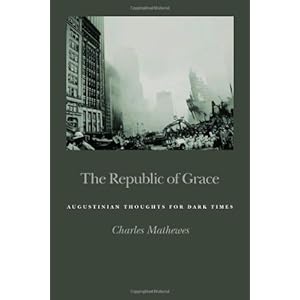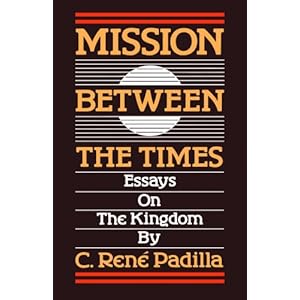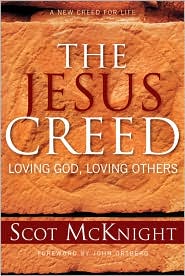Amidst the ruins of
World War II, Dietrich Bonhoeffer, the anti-Nazi theologian, wrote about the
need to practice “a new kind of monasticism” in the church. There was a need, he wrote, to find creative
ways of practicing “life together” as disciples of Jesus.
Two professors of
evangelism in the United Methodist Church, Elaine Heath (Perkins) and Scott
Kisker (Wesley), also write about the need to practice a new kind of
monasticism. In their book Longing for Spring, they share how the
United Methodist Church needs to explore new avenues of living out the call to
discipleship. Heath and Kisker want to
engage United Methodists in how a new monastic movement among laity and clergy
may contribute to renewal. There is a desire, they insist, to address the
longings of those who want to practice the “rule of life” taught by the founder
of Methodism, John Wesley. Their work
grows out of the conviction that the Wesleyan revival was a form of monasticism
that brought people from all walks of life into a deeper relationship with
Christ.
To persons who may have
thought that monasticism was for those who secluded themselves from the world,
it may be good to remember that within Protestantism there have always been
intentional communities that practiced what we might call a monastic rule of
life: Brethren, Puritan, and German
Pietist groups come to mind. Of course,
the early Methodists were very intentional about practicing the General Rules
in highly disciplined bands, classes, and societies. The Rule of “doing no harm, doing all the good
you can, and practicing the ordinances of God” only makes sense in a visible
community of accountability. Holiness in
Wesleyan terms is always social holiness.
What might a new
monasticism mean for United Methodists today?
According to the 2004 Book of
Discipline (Para.161.b), we discover support for forms of monasticism, such
as Koinonia Farms and “other religious orders and corporate church life.” United Methodists are encouraged to find “ways
of understanding the needs and concerns of such groups and find ways of
ministering to them and through them.”
Interestingly, this paragraph was removed from the 2008 Book of Discipline. However, as an
example of a monastic community, Koinonia Farms is an example of the kind of
disciplined church life supported by United Methodists. We may also recall how Koinonia Farms was the
birthplace of Habitat for Humanity and other ministries of racial reconciliation.
What about a monastic
movement in the church? Might the
General Conference in Tampa encourage and engage such a movement? What might it mean for a bishop to appoint a
person to a monastic community created by United Methodists? How might students and faculties on college campuses
practice the Wesleyan “rule of life”? In
addition, how might local churches act as “anchor churches” to support those
who want to minister in a Methodist Order along the lines of say Mother
Teresa’s Missionaries of Charity?
Sound improbable? The late Albert Outler suggested years ago
that Methodism at its best was an
“evangelical order” within the wider church, providing the means whereby
persons could grow in holiness. Having participated
in the Walk to Emmaus, the Academy of Spiritual Formation, or Covenant
Discipleship Groups persons may have some notion of what a new monasticism
might look like, as these opportunities provide occasions to learn the way of
discipleship. Such avenues also offer
the kind of support that can order the Christian life toward mission and
service.
Those who want to learn
more about the new monasticism will want to attend one or more of the following
sessions in 2012: Shane Claiborne will
be at St. Luke’s UMC in Indy on February 16th/17th, and Elaine
Heath will be coming to St. Andrew UMC in West Lafayette on March 18th;
Jonathan Wilson-Hartgrove of Rutba House in Durham, NC will be at UIndy on
March 22nd. All of these
persons are involved in practicing the kind of wisdom Methodists have cultivated
from the beginning. More importantly, they all address the deep longings of the
heart that make discipleship the journey it is.





